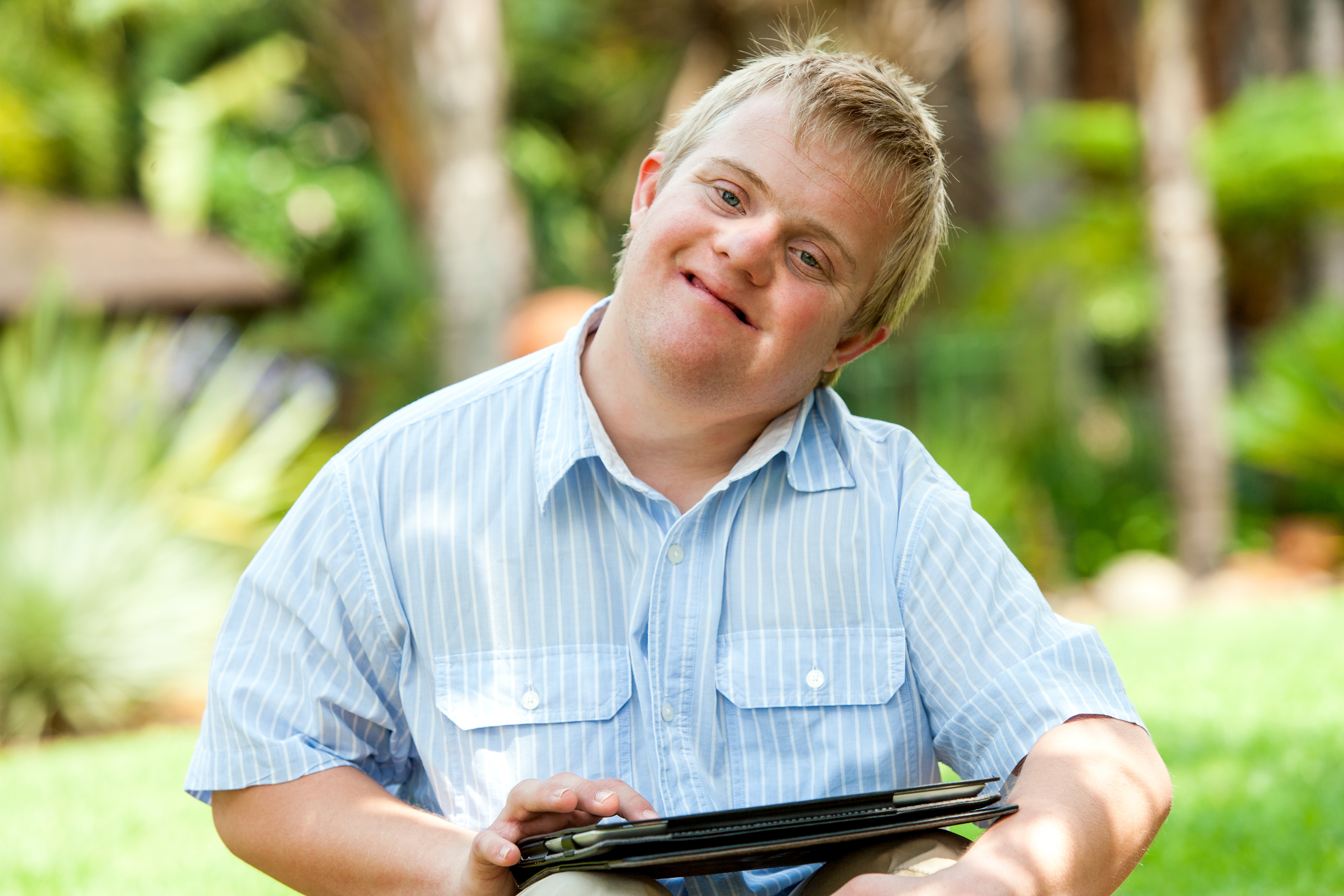
In this educational webinar, Kristina Cracknell, BCBA, walks viewers through the key features of the leading high school curriculum for transitioning to adulthood.
The solution is built around evidence-based practicesto meet the needs of individuals with autism spectrum disorder or intellectual and developmental disabilities. It uses point-of-view video modeling, task analyses, computer-based lessons, teacher-delivered lessons and visual supports to teach a range of critical, functional skills in the areas of:
.jpeg)
It is mandatory that transition planning begins for every student who has an IEP before that student is 16 years old.
However, there is a need for effective programming and evidence-based curricula to support transition-aged
Students. This need is precisely why TeachTown developed Transition to Adulthood.
The transition planning curriculum was built around evidence-based practices to meet the needs of individuals with autism spectrum disorder, intellectual disabilities, and developmental disabilities.

Each video model is taken from the learner's perspective using real people, and it’s in the actual setting where the task would take place.
Only the hands of the person are shown in the video model, making it feel as if the learner were completing the task. These engaging videos are 1 to 3 minutes long and follow the task analysis steps.
As students view the video, each step in the task analysis is read aloud in the first person as it is completed.

Transition to Adulthood includes computer-based lessons that the student can work on independently, providing independence for the student and the teaching staff.
These lessons target receptive labeling (of crucial objects in the tasks in the context of a scene display), sorting items related to the target skill, and sequencing photographs that depict critical steps in the task analysis. The computer-based lessons feature automatic prompting and reinforcement.
The student’s data are collected as they access these lessons for progress monitoring. The student’s computer-based lessons are easily linked to their IEP goals, enabling automatic reporting of their progress and time on the task directly against their IEP goals.
